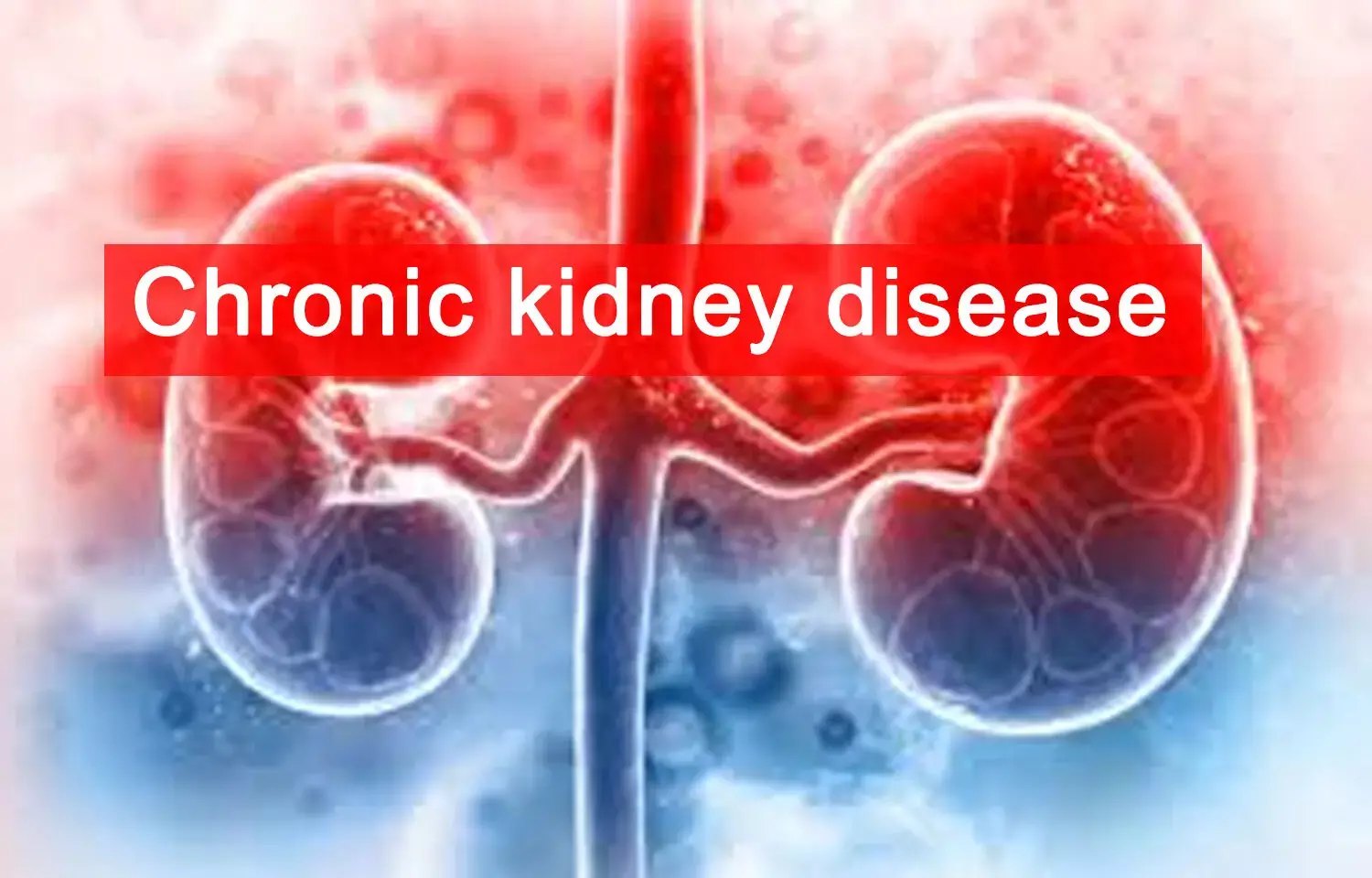- Home
- Medical news & Guidelines
- Anesthesiology
- Cardiology and CTVS
- Critical Care
- Dentistry
- Dermatology
- Diabetes and Endocrinology
- ENT
- Gastroenterology
- Medicine
- Nephrology
- Neurology
- Obstretics-Gynaecology
- Oncology
- Ophthalmology
- Orthopaedics
- Pediatrics-Neonatology
- Psychiatry
- Pulmonology
- Radiology
- Surgery
- Urology
- Laboratory Medicine
- Diet
- Nursing
- Paramedical
- Physiotherapy
- Health news
- Fact Check
- Bone Health Fact Check
- Brain Health Fact Check
- Cancer Related Fact Check
- Child Care Fact Check
- Dental and oral health fact check
- Diabetes and metabolic health fact check
- Diet and Nutrition Fact Check
- Eye and ENT Care Fact Check
- Fitness fact check
- Gut health fact check
- Heart health fact check
- Kidney health fact check
- Medical education fact check
- Men's health fact check
- Respiratory fact check
- Skin and hair care fact check
- Vaccine and Immunization fact check
- Women's health fact check
- AYUSH
- State News
- Andaman and Nicobar Islands
- Andhra Pradesh
- Arunachal Pradesh
- Assam
- Bihar
- Chandigarh
- Chattisgarh
- Dadra and Nagar Haveli
- Daman and Diu
- Delhi
- Goa
- Gujarat
- Haryana
- Himachal Pradesh
- Jammu & Kashmir
- Jharkhand
- Karnataka
- Kerala
- Ladakh
- Lakshadweep
- Madhya Pradesh
- Maharashtra
- Manipur
- Meghalaya
- Mizoram
- Nagaland
- Odisha
- Puducherry
- Punjab
- Rajasthan
- Sikkim
- Tamil Nadu
- Telangana
- Tripura
- Uttar Pradesh
- Uttrakhand
- West Bengal
- Medical Education
- Industry
Potential new pathway and enzyme responsible for thrombosis in CKD identified in new study

Boston - Researchers have identified a potential new signaling pathway and enzyme that may help further the understanding of blood clot formation in chronic kidney disease patients and ultimately be targeted for therapeutic purposes.
Patients with chronic kidney disease (CKD) are at a higher risk of clotting (thrombosis) than patients with normal kidney function after vascular procedures. This complication predisposes them to potentially fatal events such as myocardial ischemia (heart failure). Over the past decade, researchers from Boston University School of Medicine (BUSM) have discovered metabolites (uremic solutes/toxins) in the blood of patients with CKD as potent drivers of thrombosis. Now in a new study, these same researchers have discovered an important mediator of thrombosis in these patients.
"We have shown for the first time that a specific enzymatic pathway is altered in CKD patients. This pathway is regulated by an enzyme called Indoleamine 2,3-dioxygenase (IDO), which converts tryptophan amino acid to kynurenine, a potent pro-thrombotic metabolite in CKD patients. IDO1 can now be targeted as a potential treatment option," explains corresponding author Vipul Chitalia, MD, PhD, associate professor of medicine at BUSM.
According to the researchers, the current FDA approved antithrombotic do not work efficiently in CKD patients as they fail to target CKD-specific pathways. Moreover, these agents predispose patients at the higher risk of bleeding. "Therefore, a safe and effective antithrombotic for CKD patients is imminent. Addressing this huge unmet clinical need, our study defines a novel therapeutic target for heightened risk of thrombosis in CKD patients," said Chitalia.
While IDO-1 inhibitors are in clinical trials for other conditions, the researchers hope that they can be repurposed to prevent thrombotic complications in CKD patients.
These findings appear online in the Journal of the American Society of Nephrology.
This work was funded in part by the National Cancer Institute R01CA175382, NIH R01 HL132325 and Evans Faculty Merit award (to V. Chitalia), NHLBI R01HL136363 and NIH R01HL080442 (to K. Ravid), American Heart Association CAT-HD Center grant # 857078 (VCC and SL), T32 training grant in cardiovascular biology T32 HL007224-40 (to J. Walker), T32 training grant in immunobiology of trauma T32 GM086308-06A1 (to N. Arinze), and the Thrombosis to Hemostasis in Health and Disease Affinity Research Collaborative (Boston University, Evans Center For Interdisciplinary Biomedical Research).
https://jasn.asnjournals.org/content/32/11/2834
Hina Zahid Joined Medical Dialogue in 2017 with a passion to work as a Reporter. She coordinates with various national and international journals and association and covers all the stories related to Medical guidelines, Medical Journals, rare medical surgeries as well as all the updates in the medical field. Email: editorial@medicaldialogues.in. Contact no. 011-43720751
Dr Kamal Kant Kohli-MBBS, DTCD- a chest specialist with more than 30 years of practice and a flair for writing clinical articles, Dr Kamal Kant Kohli joined Medical Dialogues as a Chief Editor of Medical News. Besides writing articles, as an editor, he proofreads and verifies all the medical content published on Medical Dialogues including those coming from journals, studies,medical conferences,guidelines etc. Email: drkohli@medicaldialogues.in. Contact no. 011-43720751


